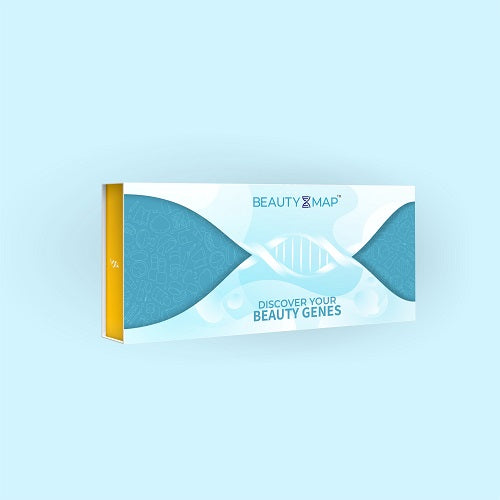Skin Hydration
Skin hydration refers to the water content within the skin, which is crucial for maintaining its health and appearance. The skin’s outer layer, known as the stratum corneum, plays a significant role in protecting the skin against exterior elements and reacting to changes in a person’s environment. Hydrated skin is more permeable, which boosts overall skin health and elasticity
Impact of Gene Variants
Genetics plays a significant role in our skin hydration. Certain genetic variations can impact behaviors related to skin interaction. For instance, genes associated with neurotransmitters like dopamine and serotonin, which are involved in mood regulation and social behavior, can influence our skin hydration.
Ways to Recognize Problems
Problems with skin hydration can be identified through symptoms such as dryness, dullness, itchiness, more noticeable fine lines, and wrinkles.
Ways to Improve
Here are some ways to improve your skin hydration: Get 8 to 9 hours of sleep, limit showers to 5 to 10 minutes and use lukewarm water, drink enough water, limit coffee and alcohol, limit or avoid smoking, switch to a gentle cleanser.
Did you know
Skin hydration levels can drop significantly with age, by up to 30%.
